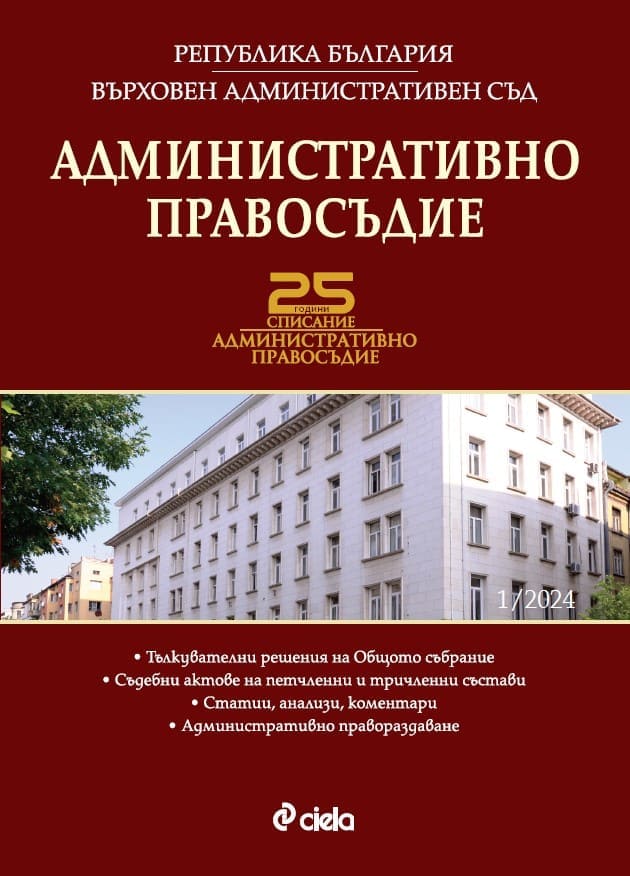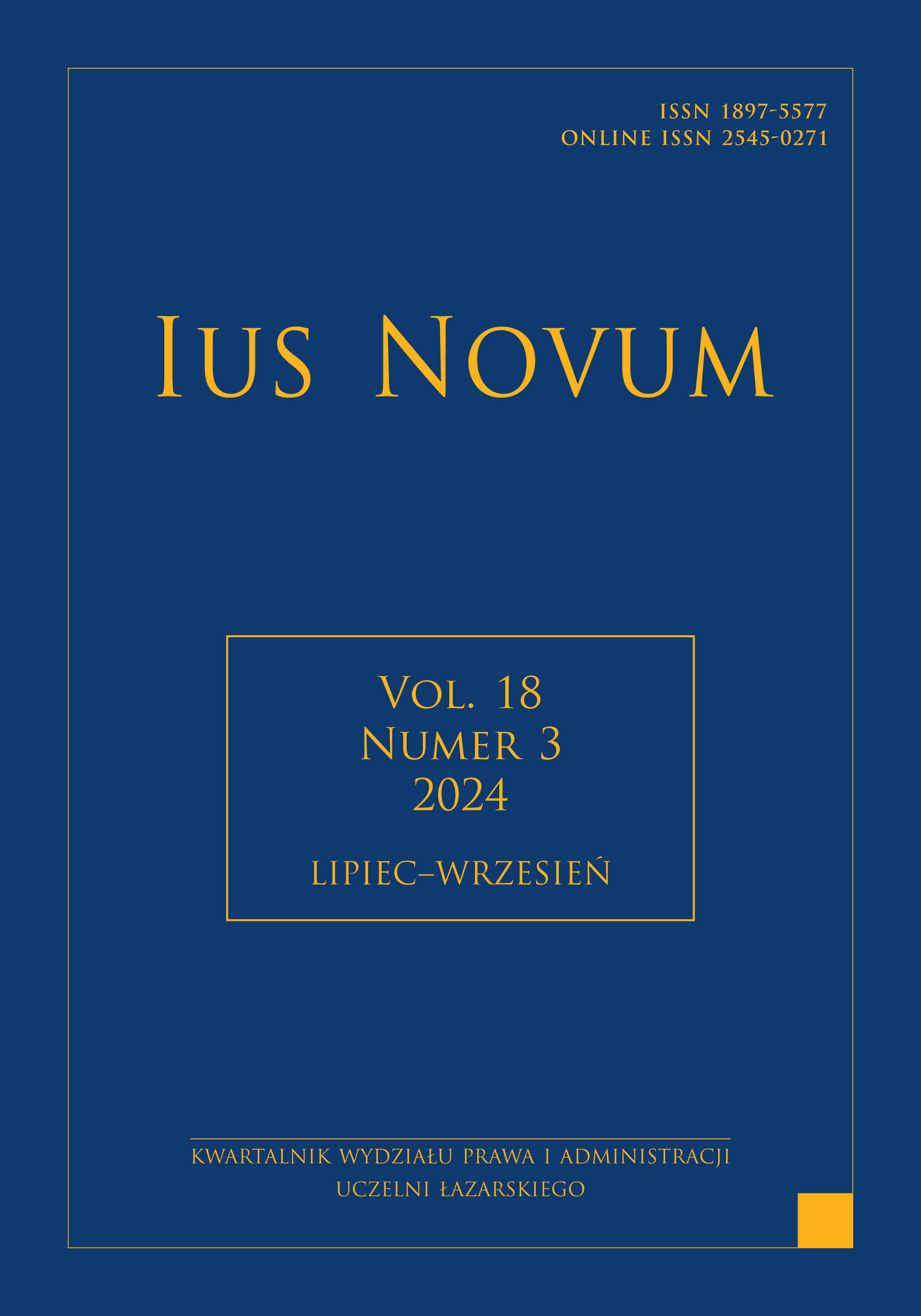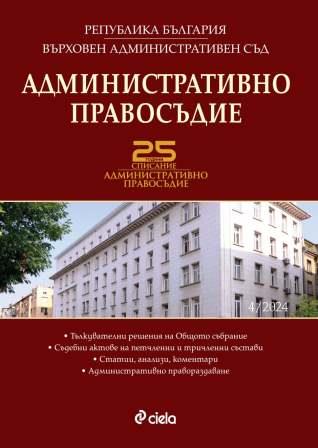Author(s): Larisa Velić,Ismet Velić / Language(s): Bosnian
Issue: 33/2023
Goods of common interest exist in the form of construction land, agricultural land, forests and forest land, and other assets. Due to their significance, they hold a special place in the economic and legal system, and, accordingly, they traditionally enjoy specific legal protection. The legal regime for these goods is regulated by the Law on Rights in rem, as well as particular rules regarding construction land, agricultural land, forests and forest land, and other specific regulations. Regarding the legal existence of goods of common interest in the previous as well as the current legal system, significant transformations of rights in rem on these assets have occurred in terms of establishing state, social, or traditional ownership rights. In connection with this, certain actions, especially by entities, aimed at appropriating these goods have been noted, leading to specific disputes that resulted in special procedures and decisions, with established positions of the Constitutional Court of Bosnia and Herzegovina regarding the constitutionality of laws and the status and belonging of the subject goods. Despite numerous provisions of relevant entity regulations in this area being repealed, the process of their harmonization and the adoption of appropriate regulations by the competent authorities of Bosnia and Herzegovina to establish an adequate normative-legal framework for the complete and adequate regulation of this area is still pending.
More...







